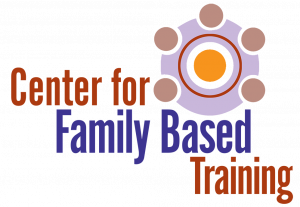An ecosystemic case conceptualization both describes the interactional patterns creating and maintaining presenting symptoms and also explains why family members are so vulnerable to falling into these patterns. It creates a story that humanizes family members and evokes empathy for all the key players. The webinars in this course introduce a critical thinking clinical tool designed to assist therapists in developing a meaningful ecosystemic case conceptualization, the EcoSystemic Assessment Worksheet. A step-by-step guide is provided on how to use it to understand the vulnerabilities and strengths of the child, the caregivers, and the family system. When used together, the NIP (Negative Interactional Pattern) and the EcoSystemic Assessment Worksheet result in a case conceptualization. A webinar is devoted to describing what an NIP is and how to map the different steps comprising it.
2.0 Hours CE Credit
- Teacher: Adam Boguski
- Teacher: C. Wayne Jones, PhD
Relational Treatment Planning
Treatment planning in ESFT is more than pro forma paperwork separated from the actual on-the-ground treatment. It is, in fact, an intervention that can be a major determinant of treatment outcomes. If done well, the treatment planning process shifts the viewing of problems and their solutions to a more relational perspective, setting the stage for highly focused, meaningful, productive work with motivated family members. This course describes procedures for making this happen. Basic principles related to relational treatment planning are described.
1.5 Hours CE Credit
- Teacher: Tara Byers, MS, NCC, LPC
- Teacher: C. Wayne Jones, Ph.D.
This course provides a guide to choosing and then creating meaningful, measureable goals and action steps that are systemically informed. Concrete examples are provided for demonstrating how to apply the SMART approach to the development of clinical goals and action steps, and how to keep them achievable by sticking to incremental, tiny habits.
2.0 Hours CE Credit
- Teacher: C. Wayne Jones, PhD
